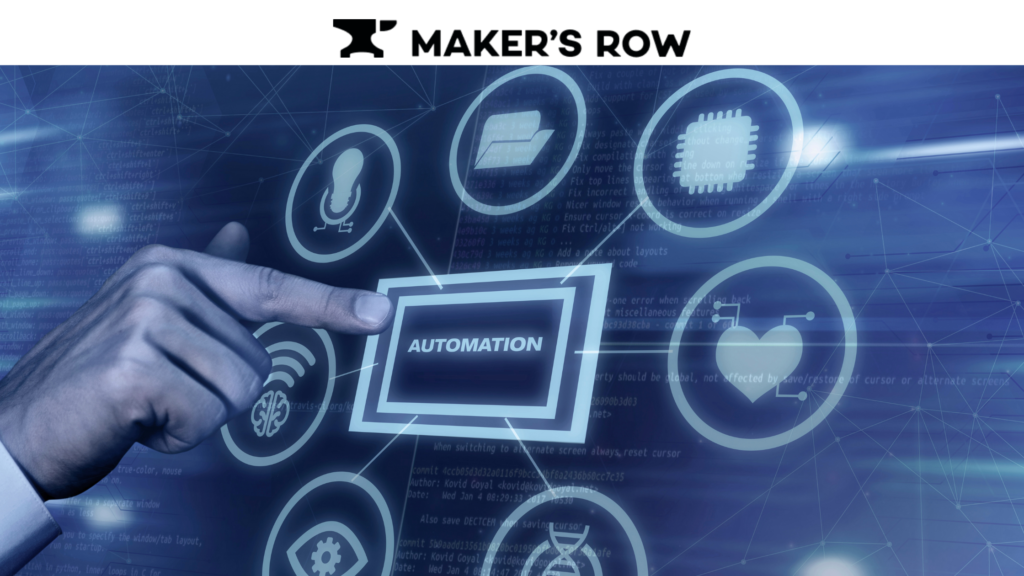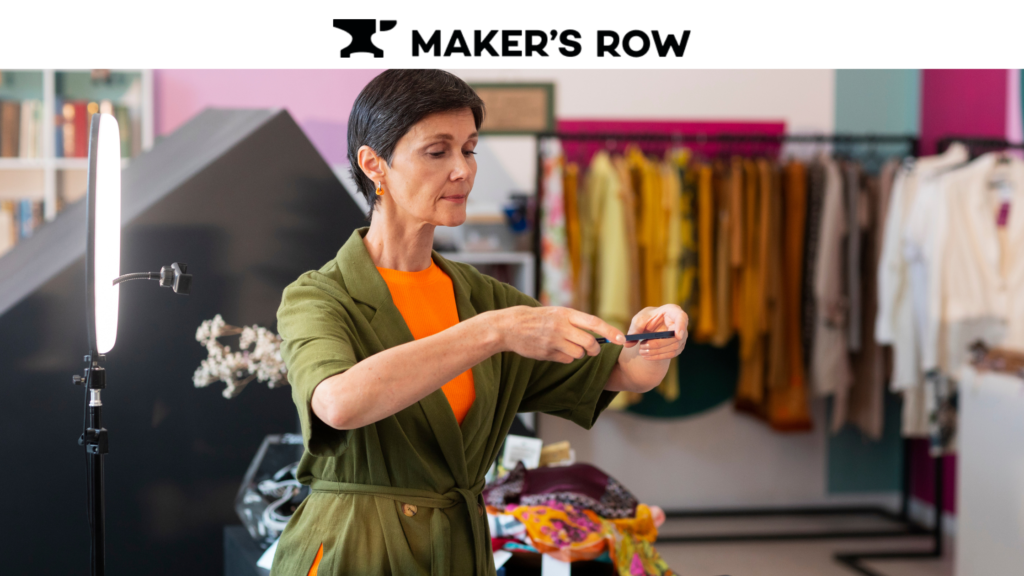The apparel manufacturing industry is at a radical juncture due to changes in automation technologies that alter how apparel has been produced for many years. From automated cutting systems to robotic sewing machines, these developments are transforming the way clothes are made. They also raise questions about what the future holds for fashion production.
The Current State of Automation in Apparel Manufacturing

The current textile manufacturing plants have become relatively sophisticated with machinery that can do nearly everything in the production process:
- CAD systems for pattern generation
- Automated spreaders and cutters
- Robotic sewing machines for simple sewing
- Automated quality control systems
- Smart inventory management systems
- Automated packaging and sorting systems
Advantages of Automation in Apparel Manufacturing

- Increased Productivity
This means that automated systems can work for long hours on a 24/7 basis with minimal downtime, which boosts their production capacity many times. A single machine equipped with automated cutting technology can replace several human operators without compromising precision.
- Quality Consistency
Automation ensures that human error is at a minimum level. It also ensures that every piece manufactured has the same quality irrespective of the production run. Automated quality control equipment can identify defects on the product that might have otherwise been overlooked in human inspections. The result is higher quality.
- Cost Efficiency
Regardless of the enormous investment made at the outset in automation technology, the extended operational cost is usually cheaper because of:
- Reduced labor costs
- Material waste is reduced
- Fewer errors
- Higher production speed
- Increased Worker Safety
Automating hazardous or repetitive tasks goes a long way in ensuring worker safety at the workplace by mitigating injuries on the job site.
Challenges and Concerns in Automation in Apparel Manufacturing

- Employment Effects
The major problem with automation is that it drives away jobs. Most the old garment workers have a fear that these machines would replace even the easy tasks, and their jobs could be at stake.
- High Initial Incharges
Automation requires systems that cost a significant amount of money that only many companies can afford, thereby making a wide gap between large operations and small ones.
- Technical Limitations
Some intricate garment manufacturing operations still require human dexterity and decoding capability. Fragile and complex designs are hard to analyze for these automated systems.
- Training Needs
Automation requires a retraining of the workforce and develops new skill sets, which consume much time and money.
Finding the Balance
Successful apparel manufacturing automation requires a fair balance between human skills and the efficiency of machines. Many manufacturers have adopted the hybrid approach where:
- Automated systems perform repetitive and standard operations.
- Skilled workers perform complex operations that need creativity and judgment
- Quality control combines automated inspection with the know-how of human skills
- Workers are taught and trained to operate and maintain automated system
Future Perspectives
The future of garment manufacturing would thus likely entail the following:
- Higher incorporation of artificial intelligence and machine learning
- More sophisticated robotic systems
- Stronger focus on sustainability in production
- New jobs with a focus on technology management
Recommendations for Apparel Manufacturers

Apparel manufacturers have to adapt to the tide of automation in the following ways to emerge as winners and undergo a seamless transition:
It is imperative that apparel manufacturers develop and participate in comprehensive cost-benefit analyses on investments into automation; create extensive and holistic training curricula for the workers; and maintain the right balance between the amounts of activities that are being done in an automated manner and those that are still being done manually within the fabric of their operations.
- Gradual implementation rather than changes on a mass scale
- Employee development in new technical positions
How Maker’s Row is helping?
The apparel manufacturing industry is witnessing a drastic metamorphosis through the process of automation, and Makers Row turns out to be a great initiator in this revolution. Concurrently, while systems like robotic cutting machines, CAD systems, and smart inventory management systems are revolutionizing production, there is increased efficiency, consistency, and cost savings.
The companies depend on digital marketplaces like Makers Row to connect with these advancements. In a setup aiming to democratize access to manufacturing.
Conclusion
The rise of automation within the world of apparel manufacturing creates both opportunity and challenge. Clear benefits include a higher efficiency level, consistency, and safer means for producing garments, but manufacturers have to weigh this with the human and monetary side of the situation. Success in this new age will depend on the right mix of technological advancement and human expertise.
Those who will be successful in this new landscape of apparel manufacturing will be able to combine automation with a dedicated and quality-focused workforce.
Read more blogs here: